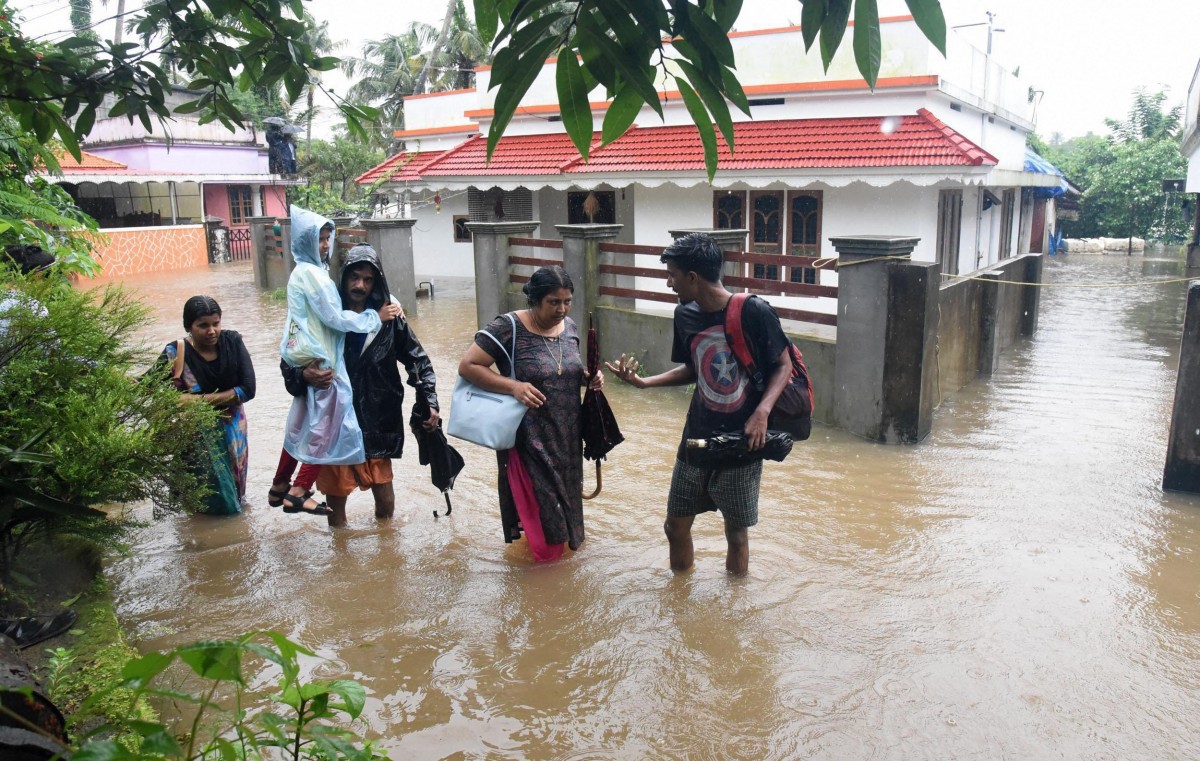
Kerala imposes flood cess in addition to GST

The CPI(M)-led Left Democratic Front in Kerala on Wednesday implemented 1% flood cess, besides the Goods and Services Tax (GST), with the aim to generate funds for rebuilding the state.
The move announced by the Kerala’s finance minister in the State budget, was to be implemented from April 1. However, it was put in abeyance as it had to be discussed with the GST Council. It was only after a nod from the council in a meeting which took place in New Delhi on January 10 that the decision was taken to implement it.
During the meeting, the ministerial panel under Bihar Deputy Chief Minister Sushil Modi approved levy of 1% ‘calamity cess’ by Kerala for a period of two years to fund rehabilitation work in the state hit by floods.
In the flood, which hit the State on August 16, more than 300 people lost their lives and more than three lakh people became. The state government has estimated the losses to the tune of Rs. 19,500 crore.
“Kerala had asked the GST Council for levying cess to fund rehabilitation work. The GoM has recommended to the Council that Kerala be allowed to levy 1% cess for two years. Also, the Centre and states will together decide on increasing the borrowing limit under FRBM for funding natural calamity,” Bihar Deputy CM and BJP leader Sushil Modi said.
The GST law provides for levy of special taxes for a specified period to raise additional resources during any natural calamity or disaster.
“It (the decision was taken us almost a year to work out a special cess within the framework of GST. The delay is understandable, because it is for the first time that the GST council is giving permission to a state government to have an additional cess, apart from GST,”
More than 300 people had died and more than 3 lakh people became homeless in the floods that raged for more than 10 days. The state government estimated that the floods caused losses to the tune of Rs. 19,500 crore.
The state, the minister said, had a “special situation” with a big natural disaster and the expenditure suddenly shot up. “How do we meet this expenditure? There must be some manoeuvrability for the state government,” he said.

